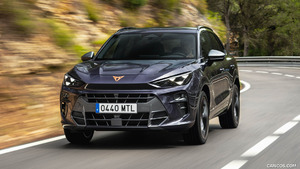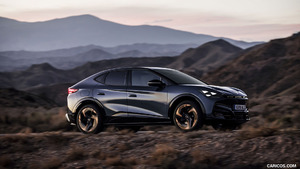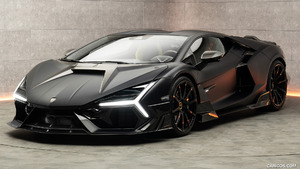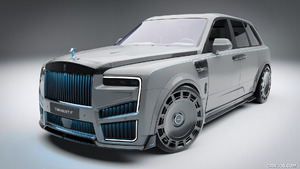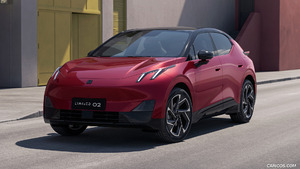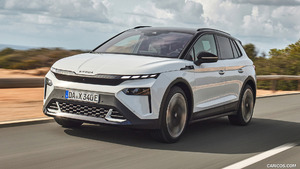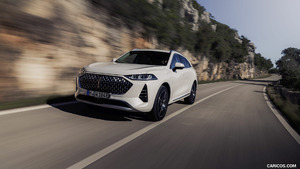2025 Audi Q7 TFSI e: Old Framework, New Tech
The 2025 Audi Q7, a familiar face in the luxury SUV market, now extends its lineage with the introduction of the plug-in hybrid variant, the Q7 TFSI e. This new model, introduced along the Q8 TFSI e, not only promises enhanced efficiency but also brings forth significant technological advancements and design tweaks that set it apart from its purely internal combustion engine counterparts.
Design and Aesthetics
The visual distinctions between the standard 2025 Audi Q7 and its electrified sibling are subtle yet noteworthy. The TFSI e maintains the robust stance and sleek lines of the recently facelifted Q7 but introduces unique elements that underscore its green credentials. For instance, specific badges and possibly distinct grille designs or color accents typically help differentiate such models, although specifics remain under wraps until closer to launch.
Both variants continue to sport digital OLED lighting technology at the rear, offering customizable light signatures—a feature first introduced in this generation. However, enhancements like high-intensity LED headlights as standard with options for Matrix LED or HD Matrix LED with laser light underline Audi's commitment to cutting-edge technology in illumination for both safety and style.

Performance Metrics
Underneath the hood lies where the real transformation is evident. The Q7 TFSI e features a three-liter six-cylinder engine paired with a powerful electric motor which together produce up to 394 horsepower (290 kW) and 600 Nm of torque in its base configuration. This setup allows an impressive sprint from zero to 100 km/h in just 5.7 seconds—comparable performance levels to some dedicated sports cars.
Fuel efficiency figures are equally remarkable; thanks largely to advanced battery technology facilitating an all-electric range of up to 90 kilometers on urban roads under WLTP standards—an increase likely appreciated by environmentally conscious drivers looking to minimize their carbon footprint without sacrificing mobility or comfort.
Battery Technology and Charging Solutions
Audi has reworked its approach towards battery storage within these hybrids, opting for a more compact arrangement that enhances power density while reducing physical space requirements inside the vehicle—a crucial factor in maintaining spacious interiors typical of luxury SUVs like the Q7.
The charging infrastructure provided through Audi’s service includes access to around 630,000 charging points across Europe, ensuring convenience even during long-distance travels. Furthermore, intelligent operating strategies optimize battery usage based on driving mode selections made via the MMI navigation plus system.
Safety Features and Driving Dynamics
Newly added all-wheel steering increases agility at low speeds while enhancing stability at higher velocities—an addition sure to be appreciated by those who prioritize dynamic handling alongside traditional luxury comforts. Additionally, electromechanical active roll stabilization debuts in this model range as part of optional packages aimed at providing superior control during spirited drives.

Pricing Insights
The starting price for the entry-level Q7 55 TFSI e quattro stands at approximately €85,500 ($95,400 approx.), positioning it competitively within the premium plug-in hybrid market segment. Potential buyers will find additional value in tax incentives offered for hybrid vehicles in various regions which can significantly reduce ownership costs over time compared against conventional fuel-dependent models.
An Electrified Path Forward
In conclusion, while retaining much of what has made it successful thus far—the refined aesthetics, top-tier amenities, and solid performance—the introduction of sophisticated electrification technologies propels Audi's flagship SUV into new territories of efficiency and sustainability without compromising on quality or driving pleasure. As we edge closer toward broader adoption rates among electrically powered vehicles globally; offerings like these serve not merely as transitional alternatives but rather compelling reasons unto themselves why future-forward motorists might consider making the switch sooner than later!
-Ed
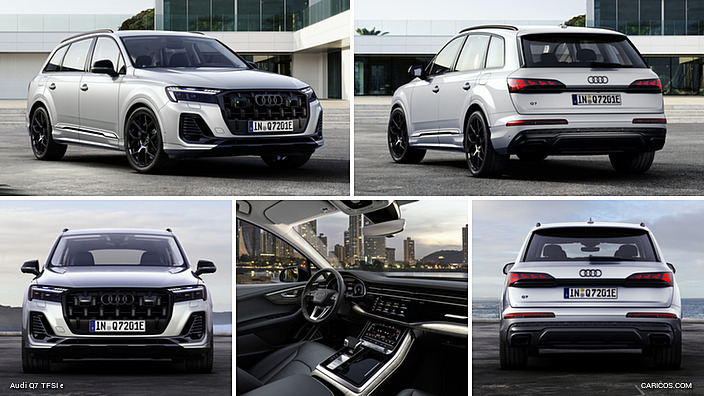 2025 Audi Q7 TFSI e
2025 Audi Q7 TFSI e






